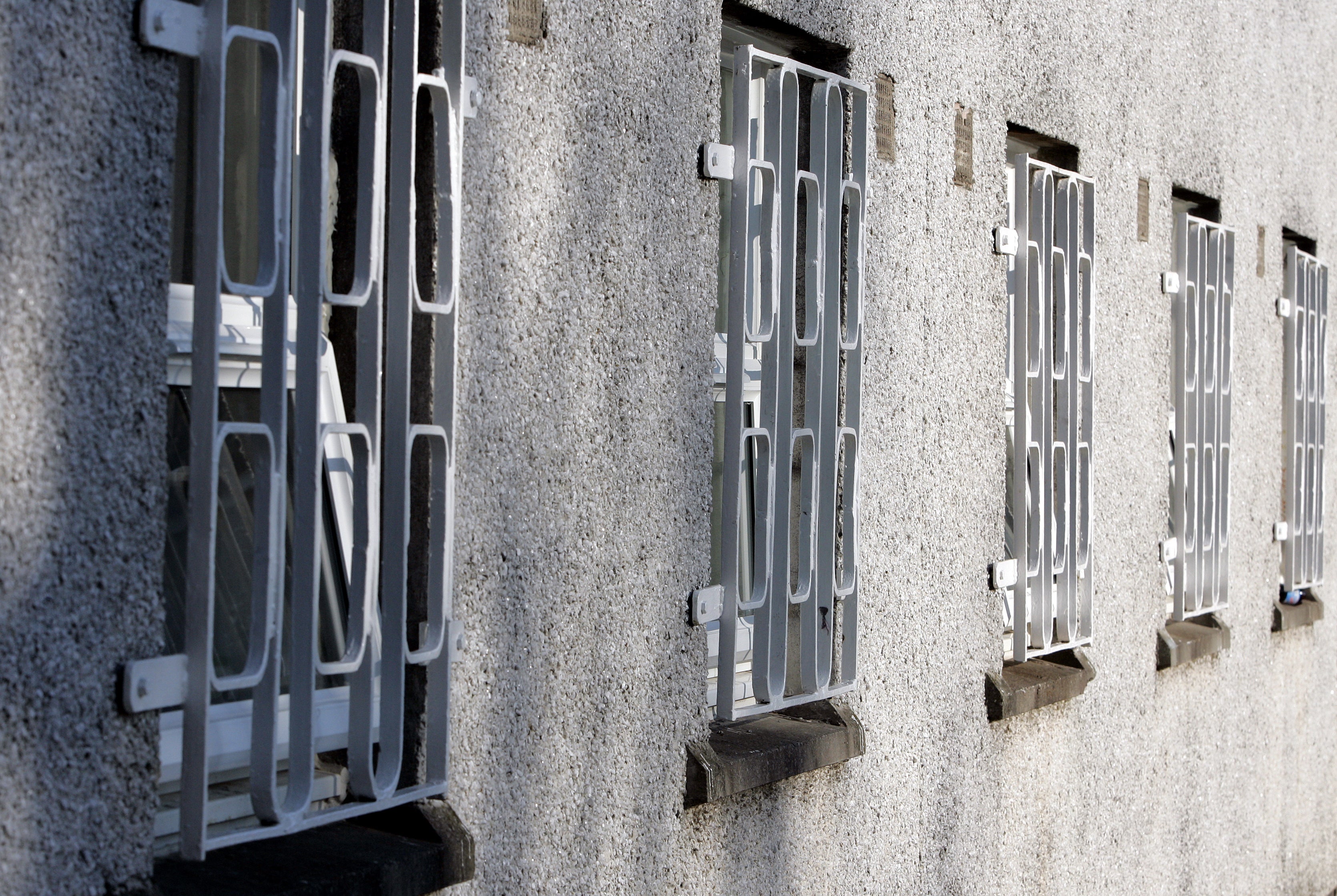Abusers face up to five years in jail with new non-fatal strangulation offence
A new offence of non-fatal strangulation came into force on Tuesday.

A new offence of non-fatal strangulation has come into force, meaning abusers will now face up to five years behind bars.
The offence, created as part of landmark domestic abuse legislation, applies to perpetrators who strangle or intentionally affect their victim’s ability to breathe in an attempt to control or intimidate them.
It came into force on Tuesday in England and Wales and will also apply to British nationals who are overseas, the Ministry of Justice said.
The move follows concerns that abusers were avoiding punishment as non-fatal strangulation does not always leave visible signs of injury.
The Domestic Abuse Commissioner welcomed the introduction of the offence, but said she is worried that it will not be used as widely as it should be without a more coordinated approach from the Government.
Without clear training and guidance, police officers, front-line workers and others may be unaware of the new offence, Nicole Jacobs said, meaning it could be under-charged as “common assault”, or not investigated or prosecuted at all.
She said the new offence “marks a significant step forward to protect domestic abuse victims” and it is vital that it is used to hold perpetrators to account.
But she said: “This will only happen if there is proper training for police and other agencies, so they are able to recognise the signs to look out for and then get the forensic evidence needed to prosecute.
“These could bloodshot eyes, or bleeding in the ear or jaw pain or a swollen tongue instead of marks around the neck.”
Kate Brown, lead for domestic abuse prosecutions at the Crown Prosecution Service, said: “Sadly, because this type of offending may leave no physical mark the serious nature of it has not always been appreciated.
“We understand the devastating life-long effects domestic abuse can have on victims.
“The welcomed new legislation will mean prosecutors and investigators have more charging powers to protect victims and their families from all-too-often repeat offending.
“Our prosecutors are determined to see justice done in every possible case, and where there is sufficient evidence and our legal test is met, we won’t hesitate to prosecute.
“We are developing training for prosecutors to ensure the offences are properly identified from the outset.”
It comes as more rape victims will be able to apply to courts to pre-record video evidence before their case reaches trials.
From Thursday, special measures schemes for victims of crimes such as rape and modern slavery will be extended to 11 more crown courts across the Midlands and the South West.
Victims will be able to pre-record their evidence, as close to the time of the offence as possible, and will be spared the trauma of giving evidence at trial and facing cross-examination.
The scheme has already been successfully introduced in 26 Crown Courts and the Government is committed to rolling it out nationwide by September.
Minister for tackling violence against women and girls, Victoria Atkins, said: “This Government is determined to tackle abuse in its many forms, make our streets safer and better protect women and girls which is why perpetrators who strangle their partners in this way will now face up to five years behind bars for the torment they have inflicted.
“We’re also rolling pre-recorded cross-examination for victims of rape to more Crown courts, helping to minimise stress to ensure they can provide the best possible evidence.
“These measures are part of our plan to ensure victims get the support and justice they deserve, alongside introducing a new victim’s law, launching a 24/7 rape helpline, recruiting more independent sexual violence advisers and improving collaboration between police and prosecutors.”
Steve Witheyman, service manager at Sexual Trauma and Abuse Restorative Therapies (Start) in Hampshire, said: “The value of pre-recorded evidence for victims and survivors of sexual trauma is massive as it offers protection from a real and often damaging re-traumatisation and rerun of past events and unwanted experiences.
“It is a huge leap forward in the criminal justice system and a significant mindset change where truly supporting a victim becomes a key component in the whole process and will undoubtedly encourage more victims to report sexual crime in the future.”
Subscribe to Independent Premium to bookmark this article
Want to bookmark your favourite articles and stories to read or reference later? Start your Independent Premium subscription today.
